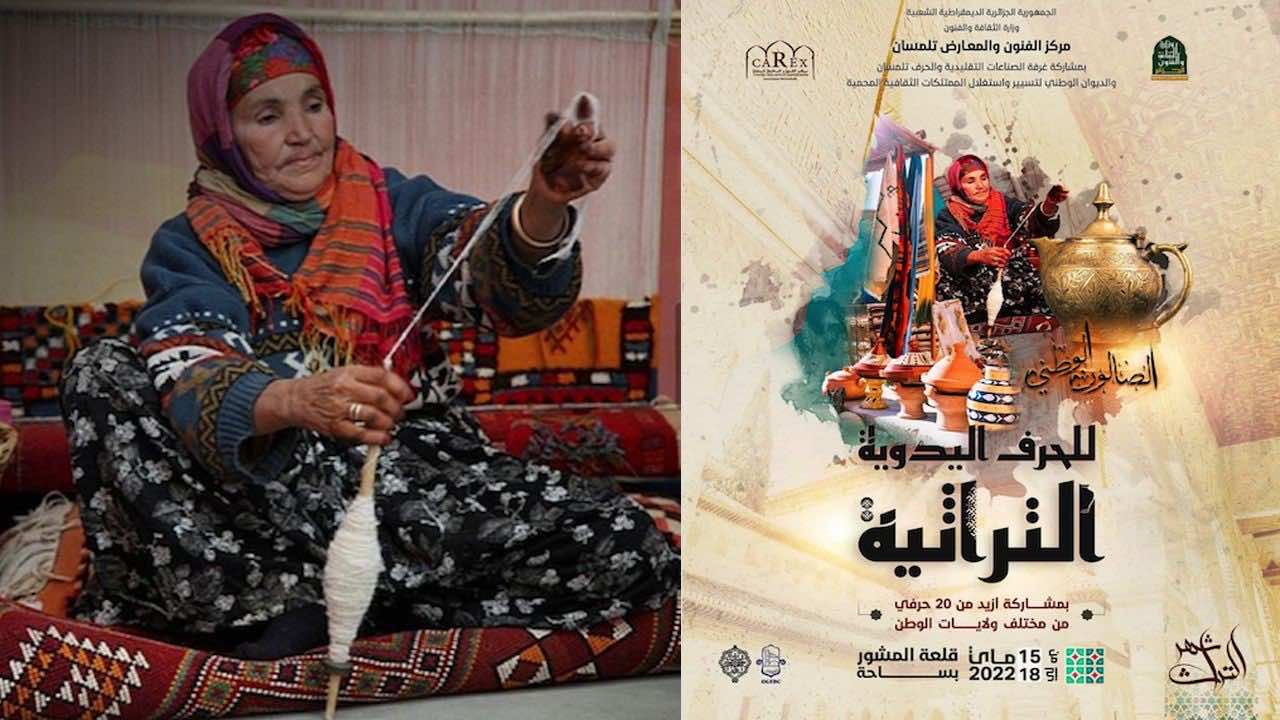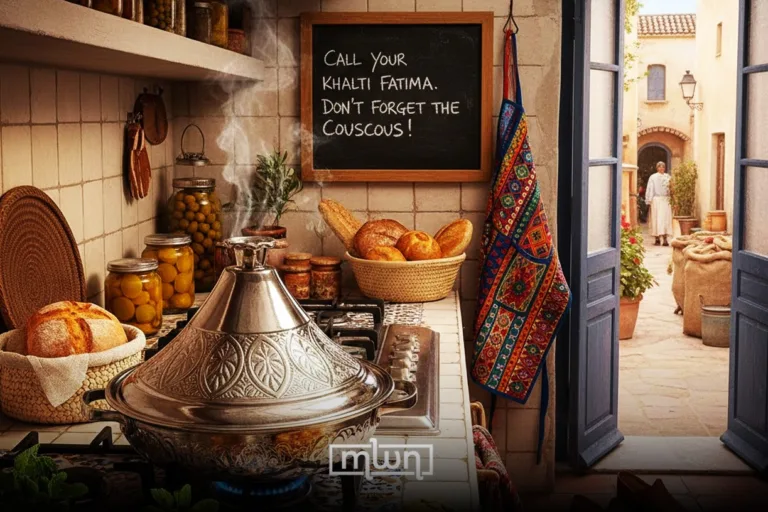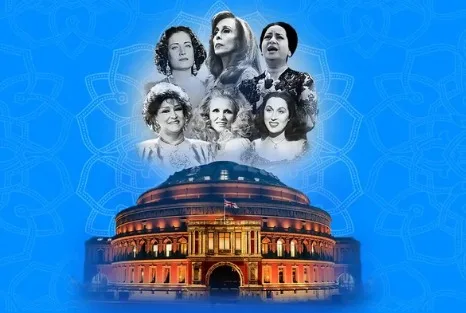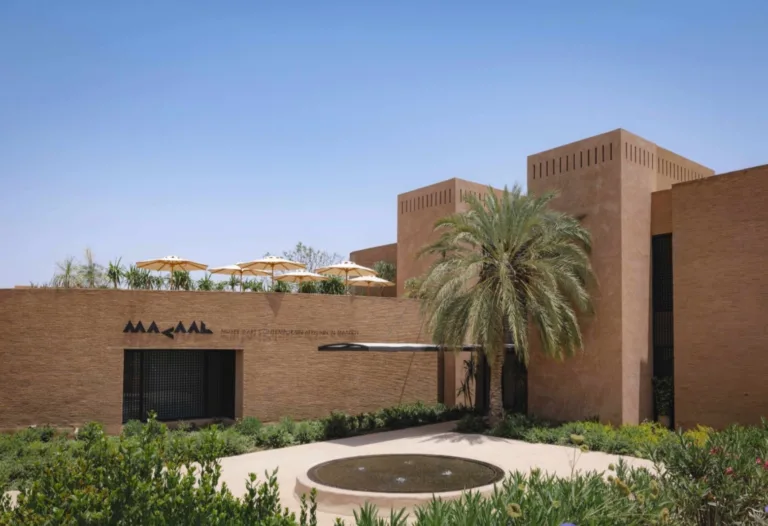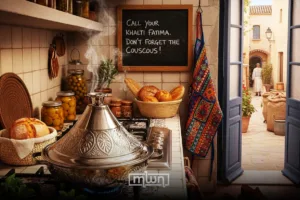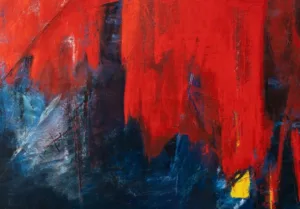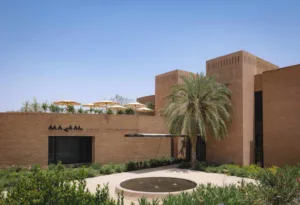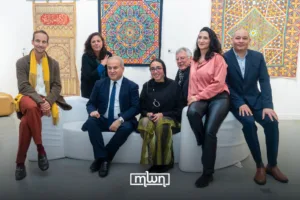Rabat – Mbarka Ait Ouhassi, Moroccan artisan of handmade traditional carpets, has filed a lawsuit against the Directorate of Culture of Tlemcen, a city in northern Algeria, for illegally using her artistic photo to promote the city’s culture.
Mbarka, who is now 74 years old, has been practicing handcrafts for 40 years. Her family was recently baffled upon seeing her picture in a promotional campaign that advertised Tlemcen’s handicrafts and traditional know-how as part of a fair held between May 15 to 18.
The picture has sparked criticism over the cultural appropriation of Morocco’s traditional handcrafts that Algeria attributed to the city of Tlemcen, whose history stretches far before the establishment of modern-day Algeria.
Dating back to the 4th century AD, the city was passed from one civilization to another and fell under the rule of ancient dynasties that had ruled Morocco for centuries.
After the promotional poster surfaced online, Mbarka and her family contacted Morocco’s Lawyers’ Bar to file a complaint against Tlemcen’s cultural directorate. The bar’s president, Mourad Elajouti, took a trip to the town of Taznakht, southern Morocco, to meet the victim of cultural appropriation.
In a statement to Moroccan news outlet Le360, the lawyer expressed outrage at the fact that the Algerian promotional campaign presented the Moroccan woman as an artisan from Tlemcen.
“This woman works in the traditional weaving of carpets and uses organic paints, a technique particular to Taznakht, a city known worldwide for the quality of the carpets that it exports to Japan and Scandinavian countries,” Elajouti said.
Notably, the lawyers’ bar has the backing of Morocco’s Ministry of Culture for the upcoming legal battle against Tlemcen’s Directorate.
Mehdi Bensaid, Morocco’s Culture Minister, recommended the bar of lawyers to file a lawsuit within the legal framework of the “Moroccan Heritage” label, a newly launched project aimed at protecting Morocco’s tangible and intangible heritage from appropriation and transforming it into a commercial product.
The Lawyers’ bar president further told Le360 that they will first “refer the matter to the mediation and conciliation bodies of the UNESCO as well as the World Intellectual Property Organization (WIPO).”
He noted that after receiving UNESCO’s feedback, the lawyers’ bar will take the incident to the judicial stage, in accordance with the Convention for the Safeguarding of the Intangible Cultural Heritage, a cultural heritage preservation treaty the UNESCO General Conference adopted on 17 October, 2003.
Read Also: Air Algerie’s Tlemcen Gaffe Reveals Algeria’s ‘Historical Complex’

